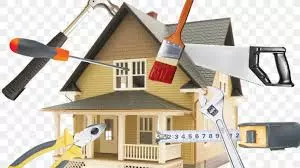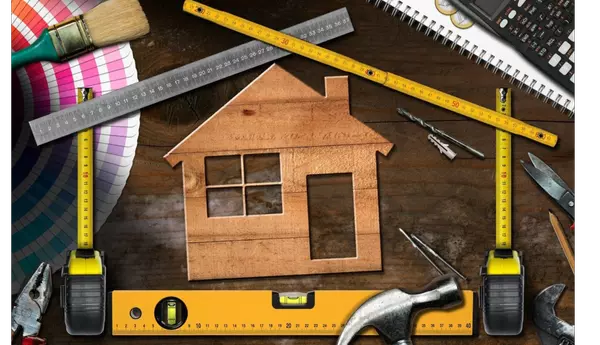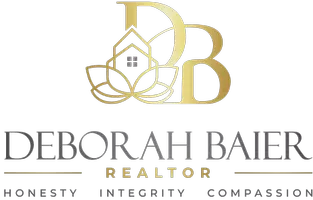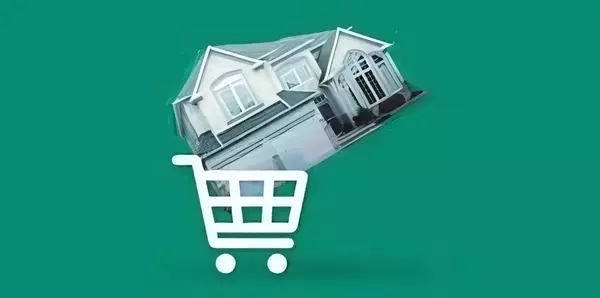
Types of Mortgages
There are several types of loans available for purchasing a home. Some common options include: Conventional Loans: These are traditional mortgage loans offered by private lenders and not backed by government agencies. They typically require a higher credit score and a down payment of at least 3%. FHA Loans: Insured by the Federal Housing Administration (FHA), these loans are designed to help first-time homebuyers or those with lower credit scores. They often require a lower down payment of 3.5% and have more flexible qualification criteria. VA Loans: Available to eligible veterans, active-duty service members, and their spouses, VA loans are guaranteed by the Department of Veterans Affairs. They often offer favorable terms, including no down payment requirement and competitive interest rates. USDA Loans: These loans are backed by the U.S. Department of Agriculture and are designed to promote homeownership in rural and suburban areas. They offer low to no down payment options and have income limitations. There is a Direct USDA Loan based on income and loaned through the USDA Department. The Guaranteed USDA Loan is through a lender. It's important to consult with a mortgage lender or loan officer to determine the best loan option for your specific situation and eligibility criteria. They can provide personalized advice based on your financial profile and help you navigate the loan process. If you have any questions and need lending advice reach out to Caroline Neirenhausen with C2 Financial.
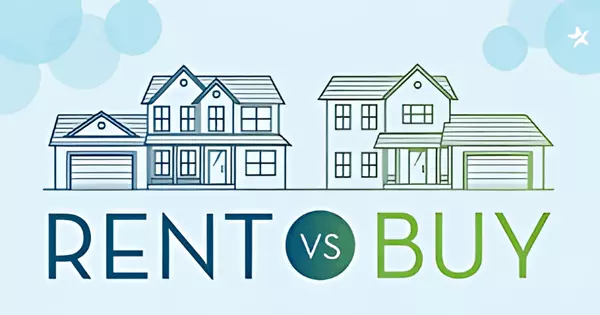
Buying vs Renting
Buying a home and renting both have their own advantages and disadvantages. Here are some pros and cons of each: Pros of Buying: Building Equity: When you buy a home, you are building equity, which is an investment in your future. Over time, your property may appreciate in value, allowing you to build wealth.Stability: Owning a home provides stability and a sense of belonging. You have the freedom to make changes and personalize your living space. Tax Benefits: Homeowners can benefit from tax deductions on mortgage interest and property taxes, which can reduce their overall tax liability. Potential Rental Income: If you have extra space or decide to move, you can potentially rent out your property and generate rental income. Cons of Buying: Financial Commitment: Buying a home requires a significant financial commitment, including a down payment, closing costs, and ongoing maintenance and repairs. Limited Flexibility: Owning a home can limit your flexibility to move, especially if you need to sell quickly or if the real estate market is unfavorable. Maintenance and Repairs: As a homeowner, you are responsible for maintenance and repairs, which can be time-consuming and costly. Pros of Renting: Flexibility: Renting offers more flexibility and allows you to easily move to a different location or downsize without the hassle of selling a property. Lower Upfront Costs: Renting typically requires a smaller upfront financial commitment compared to buying a home, as you only need to pay a security deposit and possibly first and last month's rent. Limited Responsibility: As a renter, you are not responsible for major repairs or maintenance costs, as those are typically the landlord's responsibility. Cons of Renting: No Equity: Renting does not allow you to build equity, as you are essentially paying someone else's mortgage. Rent Increases: Rent prices can increase over time, making it challenging to budget and potentially becoming less affordable. Restrictions: Renting often comes with restrictions on pets, renovations, and personalization. Ultimately, the decision to buy or rent depends on your personal circumstances, financial goals, and lifestyle preferences. It's important to consider your long-term plans and consult with a financial advisor or real estate professional to make an informed decision.

What Are Your Options For Your Next Mortgage?
Buying a home can be very overwhelming sometimes, especially if it is your first time home buyer. Knowing the differences between the various mortgages can help you answer one of your questions and help you work through this process. Whether you decide to go with a Conventional, FHA, or VA mortgage, hopefully, this can shed some light on your options and help you decide what fits best for you. Conventional A conventional loan is a loan that is funded by private financial lenders and not government-backed like the others. This means that conventional loans carry no guarantees for the lender if you fail to repay the loan. Because of this, if you put less than 20% down, you will likely need to pay for private mortgage insurance to make sure the lender is paid if you default on the loan. Conventional loans are the most common mortgage because they don’t have the strict regulations on income, home type and home location qualifications like the other options do. Because of that, the regulations on your credit score and debt-to-income ratio are stricter but the interest rates are also lower. FHA FHA home loans are mortgages designed for borrowers who have a steady income but lack the resources to put 20% down on the purchase of a home. They are particularly well suited for first-time buyers, people trying to conserve cash, early-career borrowers, or people with less-than-ideal credit history. Since an FHA loan is backed by the government the maximum amount is not as high as a conventional loan. VA A VA-guaranteed loan is a loan that the U.S. Department of Veterans Affairs (VA) guarantees. These mortgage loans can be guaranteed with no money down and no private mortgage insurance requirement. To qualify for a VA loan, you must be one of the following: a current member of the U.S. armed forces a veteran a reservist/national guard member, or an eligible surviving spouse First Time home buyers also can get financial assistance though grants. Call and I can set you up with a lender that works with Minnesota Housing grants.
Categories
Recent Posts





